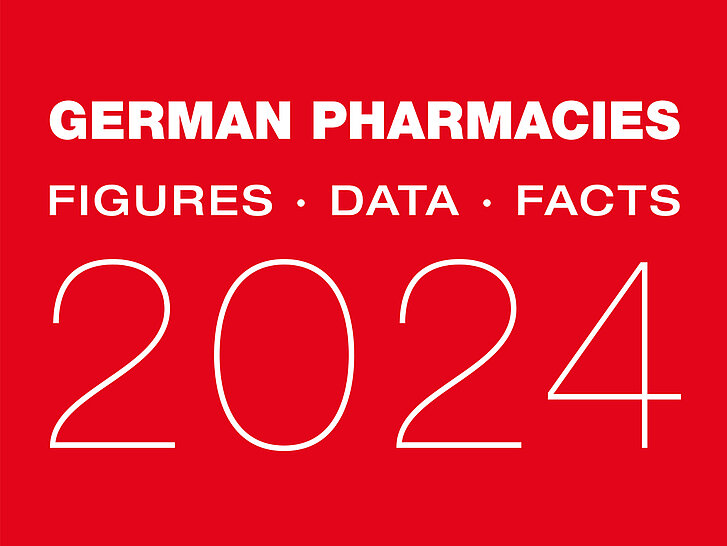Density of Pharmacies in the EU
With about 17,000 pharmacies and a population of more than 84 million, Germany has a pharmacy density of 21 pharmacies per 100,000 inhabitants. In fact, the total number of pharmacies in Germany has moved down over the last years. In comparison to the other member states of the European Union, Germany is placed approximately in the lower third: Many countries have a higher density, few countries have a lower one. There may be geographical, historic, economic or regulatory reasons for such a wide variety within the EU.
Sometimes the question arises whether there are too many pharmacies in Germany. First of all, in 1958, Germany's constitutional court ruled that a pharmacist is free to establish a pharmacy anywhere in Germany as long as he or she complies with the legal preconditions. That means that market mechanisms are working in a highly regulated system.
Also, Germany is proud to offer a reliable and safe system of drug distribution to all its citizens - at all times of the day and in each corner of the country. Therefore, no patient in need of an emergency service would argue that there are too many pharmacies. Moreover, it is difficult to compare different health systems with each other as each society defines its own standard for the national health system, of which pharmacies are an integral and indispensible part.


